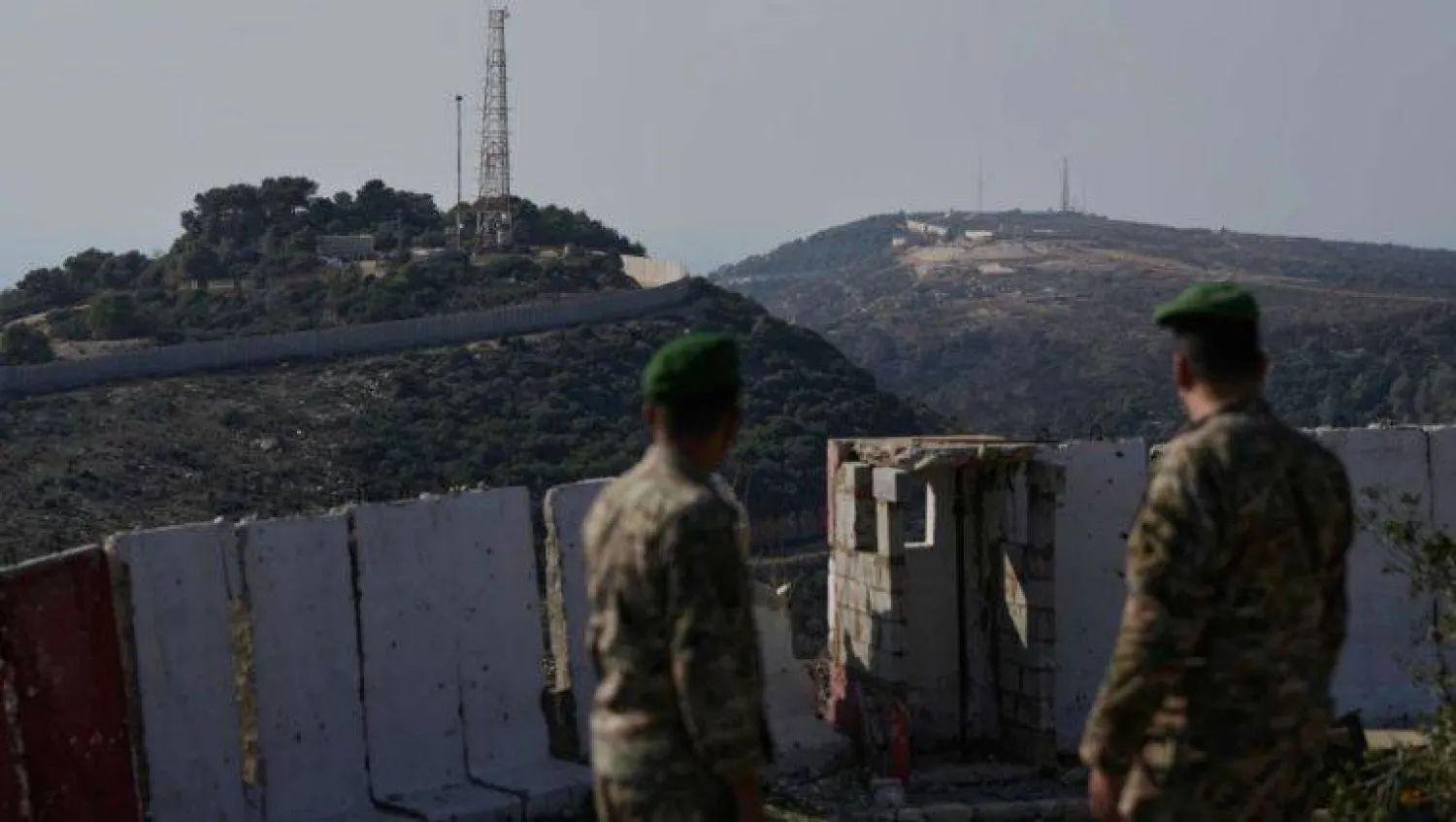The World Health Organization (WHO) has warned of an alarming resurgence of cholera cases in Houthi-held territories in the north of Yemen, with the number of recorded cases nearing 100,000.
Meanwhile, the Food and Agriculture Organization (FAO) forecasted a heightened risk of flooding during Yemen's rainy season, which runs until September.
In its Health Cluster Bulletin, WHO said the cholera outbreak continues in Yemen covering most of the country.
It said 112,583 suspected cholera cases have been reported in the Yemeni governorates since the beginning of this year.
Most cases were recorded in Houthi-controlled areas, accounting for 83% of the total cases compared to 17% in governorates under the internationally-recognized government.
As of July 6, 2024, the bulletin said 93,000 suspected cases have been reported in Houthi-controlled areas.
It noted that the Health Cluster, with coordination with the relevant authorities and partners, is coordinating a rapid response to the outbreak.
The Yemeni government, in cooperation with the UN, continues the fight against cholera and to open cholera treatment centers.
In return, the Houthis ban child vaccination campaigns, hide the number of cholera cases and deaths in the areas under their control, while the militias’ media outlets and mosques continue to warn against vaccines, describing them as Western conspiracies.
The lack of vaccination campaigns in Houthi-controlled areas have caused the resurgence of many diseases, including polio, years after Yemen was announced free of the pandemic.
Flooding Risks
A cholera outbreak in Houthi-controlled areas came while FAO warned of a heightened risk of flooding, especially in coastal and low-lying areas, in the coming weeks.
In its Agrometeorological Early Warning Bulletin, FAO said factors such as heavy rainfall, inadequate drainage systems, devegetation, and other environmental conditions can contribute to flash floods.
The resulting exposure of vulnerable agricultural resources further amplifies the threat to food security, the bulletin warned.
According to UN data, 6 million people were projected to be one step away from famine in Yemen due to the sharp decline in aid provided by donors, and the suspension, since the end of last year, of the food program that distributes aid in Houthi-controlled areas.
FAO said July, in particular, typically records significant rainfall across many areas of Yemen.
It said that with daily precipitation levels expected to rise, reaching cumulative values surpassing 200 mm in areas like Ibb governorate, the Central Highlands and parts of the Southern Uplands are poised to receive the heaviest rainfall in the upcoming period.
Additionally, the bulletin said areas such as Hadramaut governorate, which typically experience minimal rainfall, are predicted to receive substantial precipitation nearing 40 mm.
FAO showed that these meteorological projections, coupled with the hydro-topographical characteristics of low-lying and coastal watersheds, could result in the reemergence of flash floods, with varying probabilities across different areas.
Some areas in Yemen will experience temperatures exceeding 44 degrees Celsius, specifically, the northern areas of Hadramaut and Al Maharah governorates, as well as coastal spots in Lahj.
Also, temperatures around 40 degrees Celsius will be recorded in various locations along the Red Sea (such as Hodeidah and Hajjah), the Gulf of Aden (Lahj), and the inland areas of Shabwah, Marib, Al Jawf, Hadramaut, and Al Maharah.









